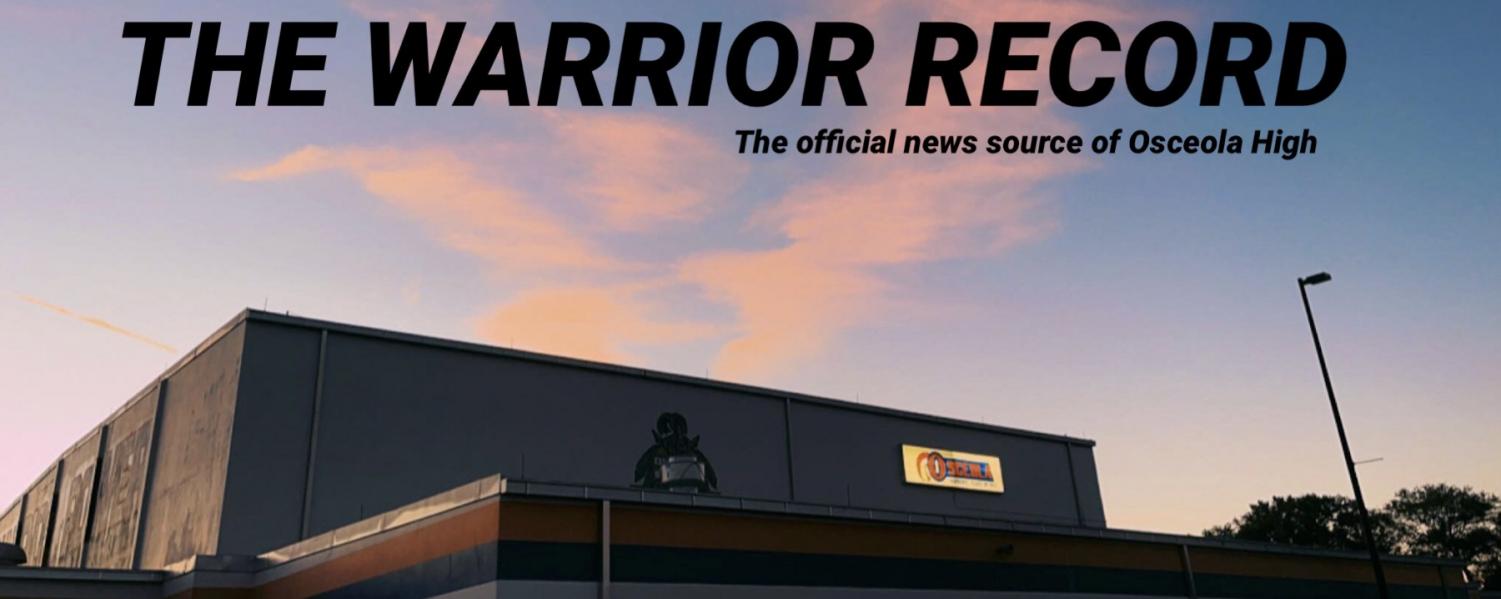The calm before the storm

HURRICANE SEASON CONTINUES THROUGH NOVEMBER 30
What with all of the recent storms, such as tornadoes and hurricanes ripping through a bunch of different parts of the U.S., there have been many deaths and countless losses for many people. The sad part is, with some proper planning and a real knowledge, of what they were up against, a lot of these losses could have been avoided. Unfortunately, a lot of storms can sneak up and give a whole bunch of people a devastating surprise attack. But for the storms that we know about, we can try to avoid total loss and destruction by taking a few preventative measures. You should prepare for really any kind of storm because as Pinellas County Emergency Management Spokesman Tom Iovino said, “If it walks like a duck, sounds like a duck, as far as I’m concerned, it’s a duck,” meaning that even if it’s a small storm, you should be prepared for if it turns into a larger storm, or if it has the characteristics of a larger storm.
First, a super important thing to look up, in cases of hurricanes and floods, is your evacuation zone. Your evacuation zone is where you go if a natural disaster happens, or is near. Iovino emphasized the importance of your evacuation zone. “Knowing your evacuation level is the most critical piece of hurricane preparedness you can know. It determines whether you can weather out the storm in your home, or if you have to leave.” You can look up your evacuation zone here. If you live in an Non-evacuation zone, you should stock up on supplies. You should keep at least a week’s worth of canned food in your pantry during hurricane season, in case of power outages. For the same reason, stock up on candles, flashlights, and extra batteries. Also, be sure to keep a few gallons of water jugs or water bottles on hand, in case water becomes scarce or unavailable.
If you can, you should also look into acquiring a generator. If you learn how to use this correctly, you can power lights, cars, or any electrical appliance for a short while. Iovino mentions that people caught in the recent Hurricane Sandy didn’t have power for a while and were grateful to volunteers who went out to put more power lines back up, “to put them back on the grid.”
Remember: your food and other supplies will keep you fed and comfortable, but there is a zero-percent chance that they’ll keep you safe during a hurricane, or a tornado. Iovino said the recent tornadoes through Oklahoma had “winds up to 90 miles per hour.” Find out more about how to prepare for a hurricane here at : http://www.nhc.noaa.gov/prepare/ready.php. Iovino also adds that you can find more information on “what was going on…… at pinellasem.tumblr.com”
If you are all prepared for any type of emergency, be sure that your neighbor is too.
Your donation will support the student journalists of Osceola Fundamental High School. Your contribution will allow us to purchase equipment and cover our annual website hosting costs.

